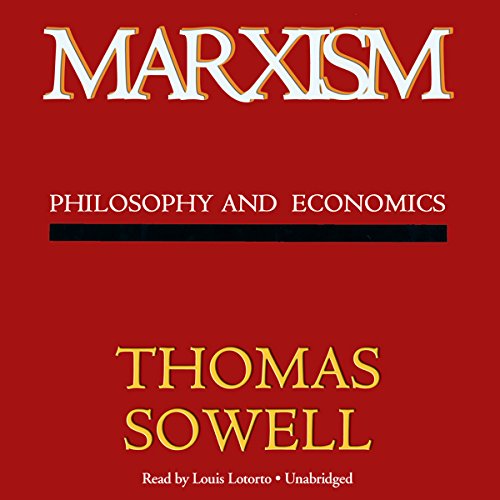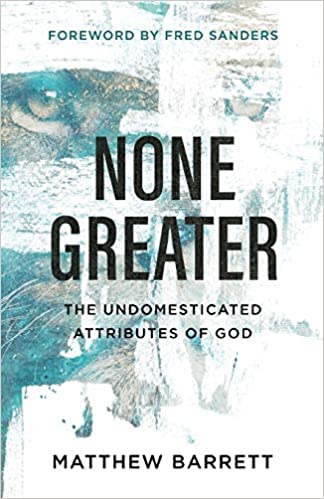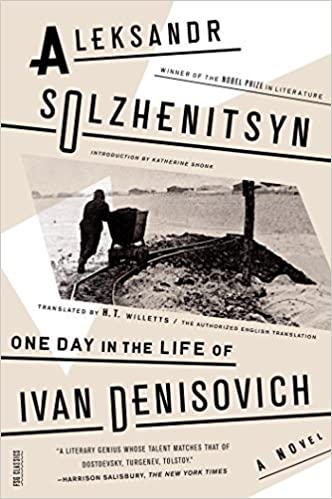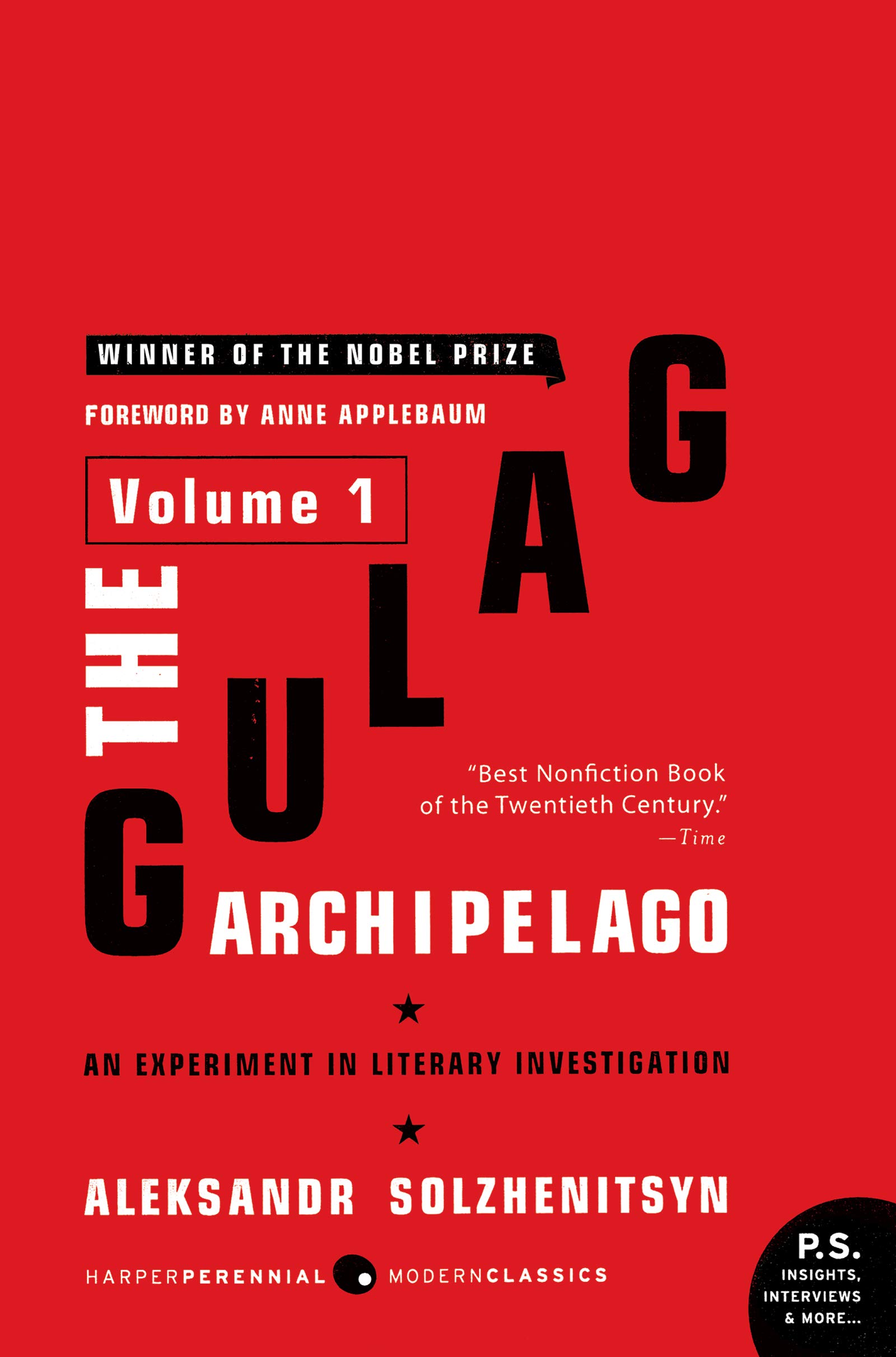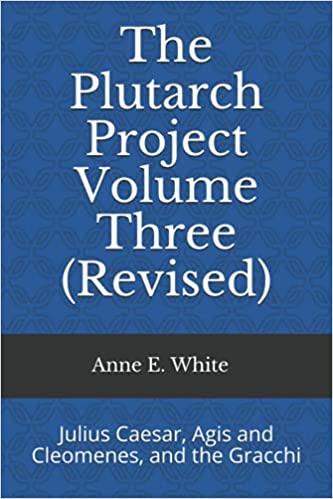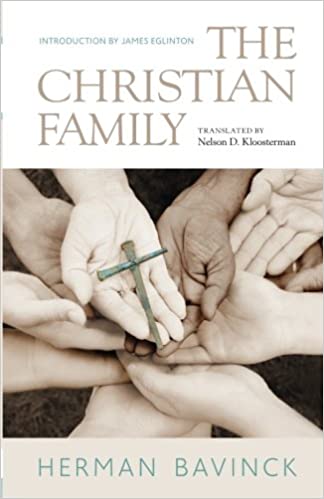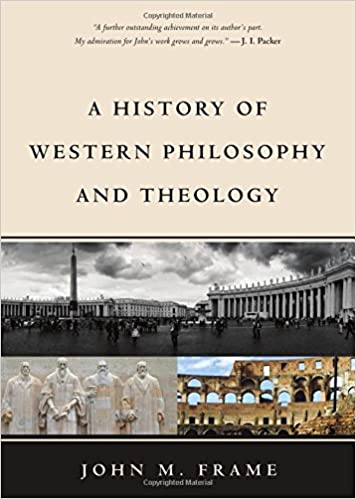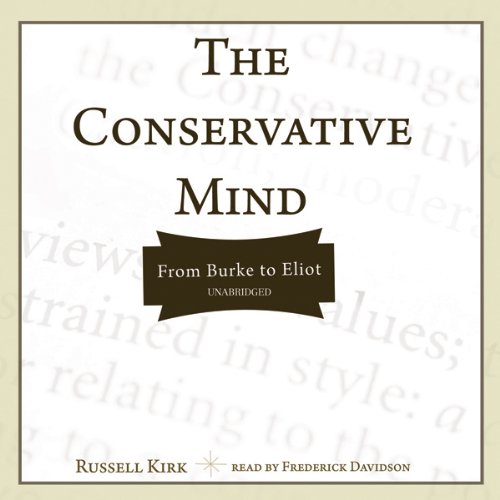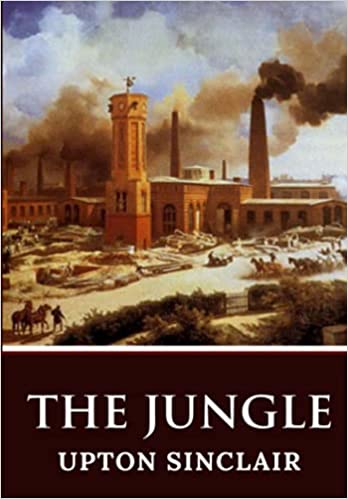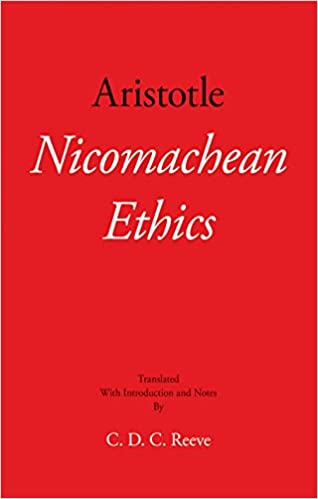Marxism: Philosophy and Economics
Marxism is a term that many people freely use, but few seem to grasp its implications. Sowell's book is the antidote to this problem. He writes in a fluid and easy-to-follow manner, leading the listener through the Marxian scheme of ideas. Along the way, he shatters some existing interpretations of Marx-interpretations that have developed through repetition rather than through scholarship.
More info →None Greater: The Undomesticated Attributes of God
For too long, Christians have domesticated God, bringing him down to our level as if he is a God who can be tamed. But he is a God who is high and lifted up, the Creator rather than the creature, someone than whom none greater can be conceived. If God is the most perfect, supreme being, infinite and incomprehensible, then certain perfect-making attributes must be true of him. Perfections like aseity, simplicity, immutability, impassibility, and eternity shield God from being crippled by creaturely limitations. At the same time, this all-powerful, all-knowing, and all-wise God accommodates himself, exhibiting perfect holiness, mercy, and love as he makes known who he is and how he will save us.
The attributes of God show us exactly why God is worthy of worship: there is none like him. Join Matthew Barrett as he rediscovers these divine perfections and finds himself surprised by the God he thought he knew.
"Matthew Barrett's excellent book lays out in clear, accessible terms what the biblical, historic, ecumenical doctrine of God is, why it matters, and why its abandonment by great swathes of the Protestant world is something that needs correction."--Carl R. Trueman, professor, Grove City College; author of Grace Alone
"Perhaps not since R. C. Sproul has there been a treatment of such deep theology with such careful devotion and accessibility. Read this book. And stagger."--Jared Wilson, director of content strategy, Midwestern Baptist Theological Seminary; managing editor, For the Church; author of The Gospel-Driven Church
"The knowledge of God is the soil in which Christian piety flourishes. I am grateful for the publication of None Greater and pray it will be a source of growth in godliness among those captivated by its vision of God's supremacy."--Scott Swain, president and James Woodrow Hassell Professor of Systematic Theology, Reformed Theological Seminary-Orlando; author of Reformed Catholicity
The Rule of Saint Augustine: with Commentary by Hugh of St. Victor
The Rule of Saint Augustine, written Augustine of Hippo (354-430), is a brief document which served as a guide for the servants of God. It is the oldest monastic rule in the Western Church. The Rule addresses chastity, poverty, obedience, worldliness, labor, hierarchy, charity, prayer, fasting and abstinence, care of the sick, silence and host of other questions. It came into use on a wide scale from the twelfth century onwards and continues to be employed today by many orders, including the Dominicans, Servites, Mercederians, Norbertines, and Augustinians.
The Commentary, traditionally attributed to Hugh of St. Victor (c.1096 –1141), offers a wealth of insight on this important document. This edition was translated from the original Latin by Dom Aloysius Smith and formatted for publication by Chaucer House Press.
More info →One Day in the Life of Ivan Denisovich
The first published novel from the controversial Nobel Prize winning Russian author of The Gulag Archipelago.
In the madness of World War II, a dutiful Russian soldier is wrongfully convicted of treason and sentenced to ten years in a Siberian labor camp. So begins this masterpiece of modern Russian fiction, a harrowing account of a man who has conceded to all things evil with dignity and strength.
First published in 1962, One Day in the Life of Ivan Denisovich is considered one of the most significant works ever to emerge from Soviet Russia. Illuminating a dark chapter in Russian history, it is at once a graphic picture of work camp life and a moving tribute to man’s will to prevail over relentless dehumanization.
More info →The Gulag Archipelago
“BEST NONFICTION BOOK OF THE 20TH CENTURY” —Time
Volume 1 of the gripping epic masterpiece, Solzhenitsyn's chilling report of his arrest and interrogation, which exposed to the world the vast bureaucracy of secret police that haunted Soviet society. Features a new foreword by Anne Applebaum.
“The greatest and most powerful single indictment of a political regime ever leveled in modern times.” —George F. Kennan
“It is impossible to name a book that had a greater effect on the political and moral consciousness of the late twentieth century.” —David Remnick, The New Yorker
“Solzhenitsyn’s masterpiece. ... The Gulag Archipelago helped create the world we live in today.” —Anne Applebaum, Pulitzer Prize-winning author of Gulag: A History, from the foreword
The Communist Manifesto
“Let the ruling classes tremble at a Communistic revolution. The proletarians have nothing to lose but their chains. They have a world to win. Workingmen of all countries unite!” ― Karl Marx, The Communist Manifesto
This pocket edition is designed to be convenient enough to easily fit in a pocket, purse, briefcase or backpack, but with text large enough that it is easy to read, and margins large enough to be marked up by students of any age. This new edition, reproducing the 1888 authorized English translation of Marx and Engels's work of political theory. The translation in this edition is the translation authorized by Engels, by Samuel Moore (1838-1911).
The Communist Manifesto (officially Manifesto of the Communist Party) is an 1848 political manifesto by German philosophers Karl Marx and Friedrich Engels that laid out the program of the Communist League. Originally published in German (as Manifest der kommunistischen Partei) just as the revolutions of 1848 began to erupt, the Manifesto has since been recognized as one of the world's most influential political manuscripts.
It presents an analytical approach to the class struggle (historical and present) and the problems of capitalism and the capitalist mode of production, rather than a prediction of Communism's potential future forms. The Communist Manifesto contains Marx and Engels' theories about the nature of society and politics, that in their own words, "The history of all hitherto existing society is the history of class struggles". It also briefly features their ideas for how the capitalist society of the time would eventually be replaced by socialism, and then finally Communism.
More info →The Christian Family
A century ago when this book was first published, marriage and the family were already weathering enormous changes, and that trend has not abated. Yet by God’s power the unchanging essence of marriage and the family remains proof, as Bavinck notes, that God’s “purpose with the human race has not yet been achieved.” Neither a ten-step guide nor a one-sided approach, this book embodies a Christian theology of marriage and the family. Accessible, thoroughly biblical, and astonishingly relevant, it offers a mature and concise handling of the origins of marriage and family life and the effects of sin on these institutions, an appraisal of historic Christian approaches, and an attempt to apply that theology. Aptly reminding Christians that “the moral health of society depends on the health of family life,” Bavinck issues an evergreen challenge to God’s people: “Christians may not permit their conduct to be determined by the spirit of the age, but must focus on the requirement of God’s commandment.”
More info →A History of Western Philosophy and Theology
Christians should evaluate philosophy by biblical criteria. This will shed greater light on the developments in the history of philosophy and better prepare us for the intellectual challenges of our time. The fall of Adam brought intellectual as well as moral corruption on the human race, and the effects of the fall can be seen in the work of philosophers, most of whom try to understand the world autonomouslythrough reasoning apart from God's revelation. Some philosophers have appealed to God's revelation, but their work has often been compromised with the wisdom of the world. Revelation should inform reason, and not the other way round. In the past, even Christian theology was corrupted by the movement toward intellectual autonomy, creating the tradition of liberalism, which has unhappily dominated academic theology down to the present day. But there is hope. A new generation of Christian thinkers take God's Word seriously. Frame's unique new contribution augments that process.
More info →The Conservative Mind: From Burke to Eliot
First published in 1953, this magnificent work will be remembered in ages to come as one of our century's most important legacies.
Written during a time when liberalism was heralded as the only political and intellectual tradition in America, there is no doubt that this book is largely responsible for the rise of conservatism as a viable and credible creed.
Kirk defines "the conservative mind" by examining such brilliant men as Edmund Burke, James Fenimore Cooper, Alexis de Tocqueville, John Quincy Adams, Nathaniel Hawthorne, Benjamin Disraeli, Cardinal Newman, George Santayana, and finally, T.S. Eliot. Vigorously written, the book represents conservatism as an ideology born of sound intellectual traditions.
More info →The Jungle
The Jungle is a 1906 novel written by the American journalist and novelist Upton Sinclair (1878–1968). Sinclair wrote the novel to portray the lives of immigrants in the United States in Chicago and similar industrialized cities. Many readers were most concerned with his exposure of health violations and unsanitary practices in the American meatpacking industry during the early 20th century, based on an investigation he did for a socialist newspaper.
The book depicts working class poverty, the lack of social supports, harsh and unpleasant living and working conditions, and a hopelessness among many workers. These elements are contrasted with the deeply rooted corruption of people in power. A review by the writer Jack London called it, "the Uncle Tom's Cabin of wage slavery.
"Sinclair was considered a muckraker, or journalist who exposed corruption in government and business. He first published the novel in serial form in 1905 in the Socialist newspaper, Appeal to Reason, between February 25, 1905, and November 4, 1905. In 1904, Sinclair had spent seven weeks gathering information while working incognito in the meatpacking plants of the Chicago stockyards for the newspaper. It was published as a book on February 26, 1906 by Doubleday and in a subscribers' edition.
A True Classic that Belongs on Every Bookshelf!
More info →Nicomachean Ethics
An excellent new translation and commentary. It will serve newcomers as an informative, accessible introduction to the Nicomachean Ethics and to many issues in Aristotle’s philosophy, but also has much to offer advanced scholars. The commentary is noteworthy for its frequent citations of relevant passages from other works in Aristotle’s corpus, which often shed new light on the texts. Reeve’s translation is meticulous: it hits the virtuous mean--accurate and technical, yet readable--between translation’s vicious extremes of faithlessness and indigestibility.--Jessica Moss, New York University
More info →
